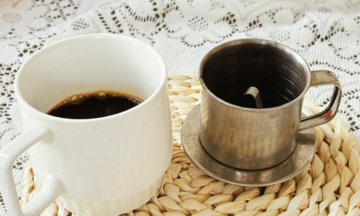Napping for 10-30 minutes is generally considered a power nap, contributing to increased energy and alertness in the afternoon. A 10-minute midday nap can prevent drowsiness, improve memory, cognitive abilities, and brain function. A short nap can also set the stage for better sleep at night, boost the immune system, and reduce stress.
Sleeping for more than 30 minutes can have the opposite effect. When you enter deep sleep during the day (which usually happens after 30-60 minutes), you may experience grogginess and disorientation in the afternoon. Here are some tips for an effective nap.
Keep it short: The ideal nap should last only 10-20 minutes. It's best to nap 20 minutes after lunch and between 12:30 and 2 p.m. Napping after this period can disrupt your natural circadian rhythm, negatively affecting the quality of your sleep.
Prepare your space: Your napping spot should be dark, quiet, and cool. If napping at work, choose a dimly lit and quiet corner to fall asleep quickly and maximize your break time. Consider using an eye mask or earplugs if the room is too bright or noisy. Choose a comfortable sleeping position and use a soft pillow to avoid back pain and neck stiffness.
Opt for a sofa or armchair: Avoid sleeping on a soft bed during the day as it might tempt you to sleep longer than 30 minutes. This can confuse your brain into thinking it's nighttime, affecting your natural sleep-wake cycle.
Set an alarm: A short midday nap should last about 20 minutes. To avoid oversleeping, set an alarm. This helps maintain light sleep and prevents disorientation upon waking.
Drink coffee before your nap: Drinking coffee or other caffeinated beverages 30 minutes before your nap allows the caffeine to take effect, increasing alertness and refreshment when you wake up.
Napping too long or too late can make it difficult to fall asleep at night. Excessive napping can lead to sleep inertia, a period of grogginess that can last 30-60 minutes after waking, impacting thinking, learning, and memory. While napping offers many health benefits, consult a doctor if you experience insomnia or any sleep disorders.
Anh Chi (According to Health)
| Readers can submit questions about neurological diseases here for answers from doctors. |












